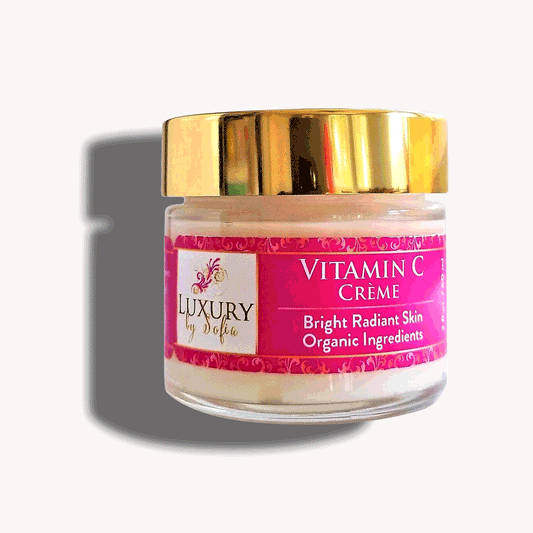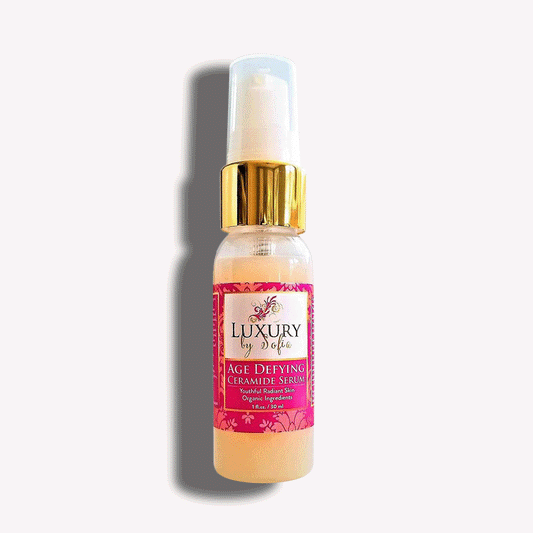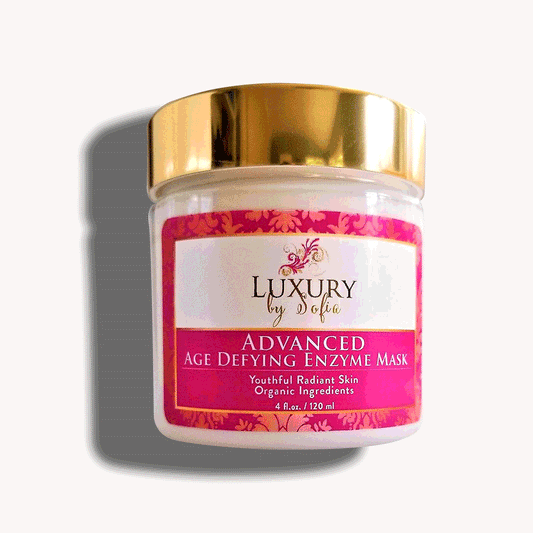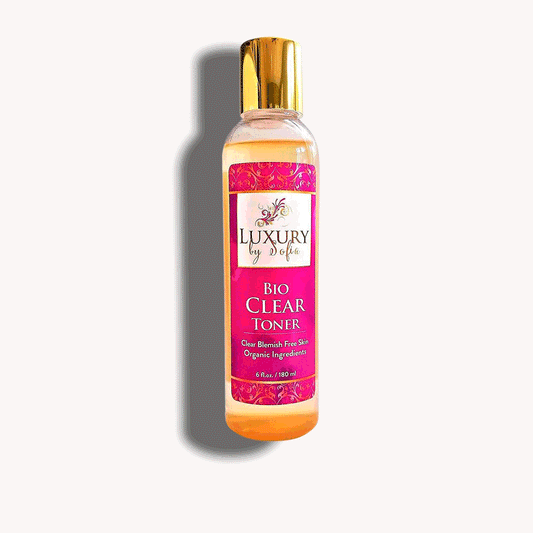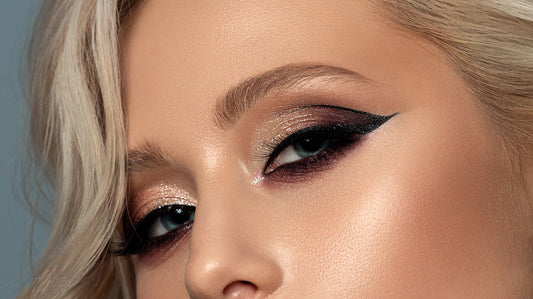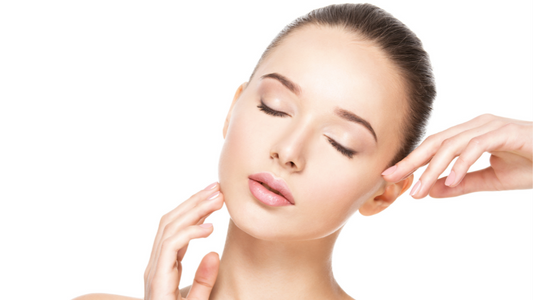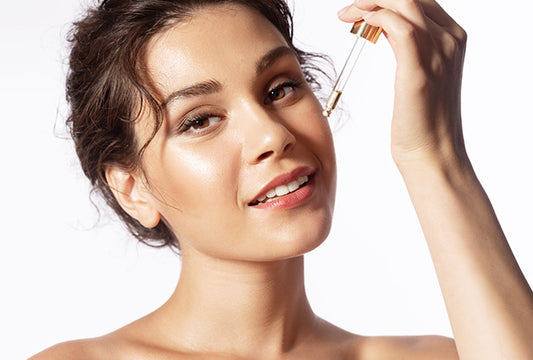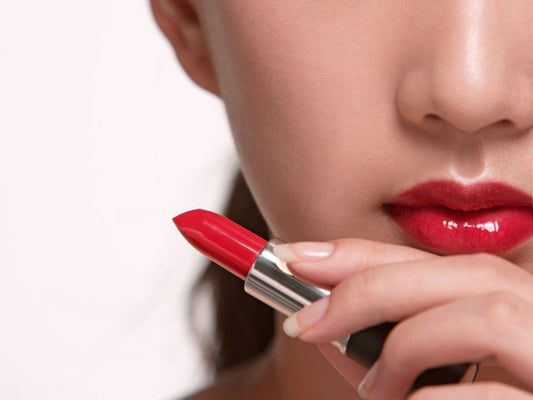Acne is a common skin condition that affects millions of people worldwide, regardless of age or gender. Dealing with acne-prone skin can be frustrating and challenging, but with the right knowledge and treatment, you can effectively manage and improve the condition.
In this comprehensive guide, we will delve into the root causes of acne, different types of acne, and the best ways to treat and prevent breakouts.

Understanding Acne-Prone Skin
Acne occurs when hair follicles become clogged with oil and dead skin cells, leading to the formation of pimples, blackheads, and whiteheads. Hormonal changes, genetics, certain medications, and lifestyle factors can all contribute to the development of acne. Understanding the underlying causes of acne is crucial in developing a personalized treatment plan.
Types Of Acne
- Comedonal Acne - Characterized by non-inflamed comedones (blackheads and whiteheads).
- Inflammatory Acne - Includes papules, pustules, nodules, and cysts that are inflamed and can be painful.
- Hormonal Acne - Often seen in women due to fluctuations in hormone levels, usually around menstruation or during pregnancy.
- Cystic Acne - Deep, severe acne lesions that can leave scars if not treated properly.
Treating Acne-Prone & Skincare Routine
- Cleansing: Use a gentle, non-comedogenic cleanser twice a day to remove excess oil and impurities.
- Exfoliation: Incorporate exfoliating products with salicylic acid or glycolic acid to unclog pores and remove dead skin cells.
- Moisturizing: Opt for oil-free, non-comedogenic moisturizers to keep the skin hydrated without aggravating acne.
- Sun Protection: Apply a broad-spectrum sunscreen daily to protect the skin from UV damage and prevent post-inflammatory hyperpigmentation.
Try Now: Organic Acne Relief
Treatment Options
-
Over-The-Counter Products: Benzoyl peroxide, salicylic acid, and retinoids are effective in treating mild to moderate acne.
-
Prescription Medications: Topical or oral antibiotics, oral contraceptives, and isotretinoin may be recommended for severe or persistent acne.
-
Professional Treatments: Dermatological procedures such as chemical peels, laser therapy, and microdermabrasion can help improve acne and acne scarring.
Lifestyle Changes
- Diet: Limit consumption of high-glycemic foods, dairy products, and foods high in saturated fats.
- Stress Management: Practice stress-reducing activities like yoga, meditation, and exercise to minimize the impact of stress on acne.
- Hygiene: Avoid excessive touching or picking at the skin, as this can worsen acne and lead to scarring.
Conclusion
Dealing with acne-prone skin requires patience and a consistent skincare routine tailored to your specific needs. By understanding the causes of acne, recognizing the different types of acne, and implementing effective treatment strategies, you can achieve clearer, healthier skin. Remember to consult with a dermatologist for personalized advice and guidance on managing your acne-prone skin effectively.

